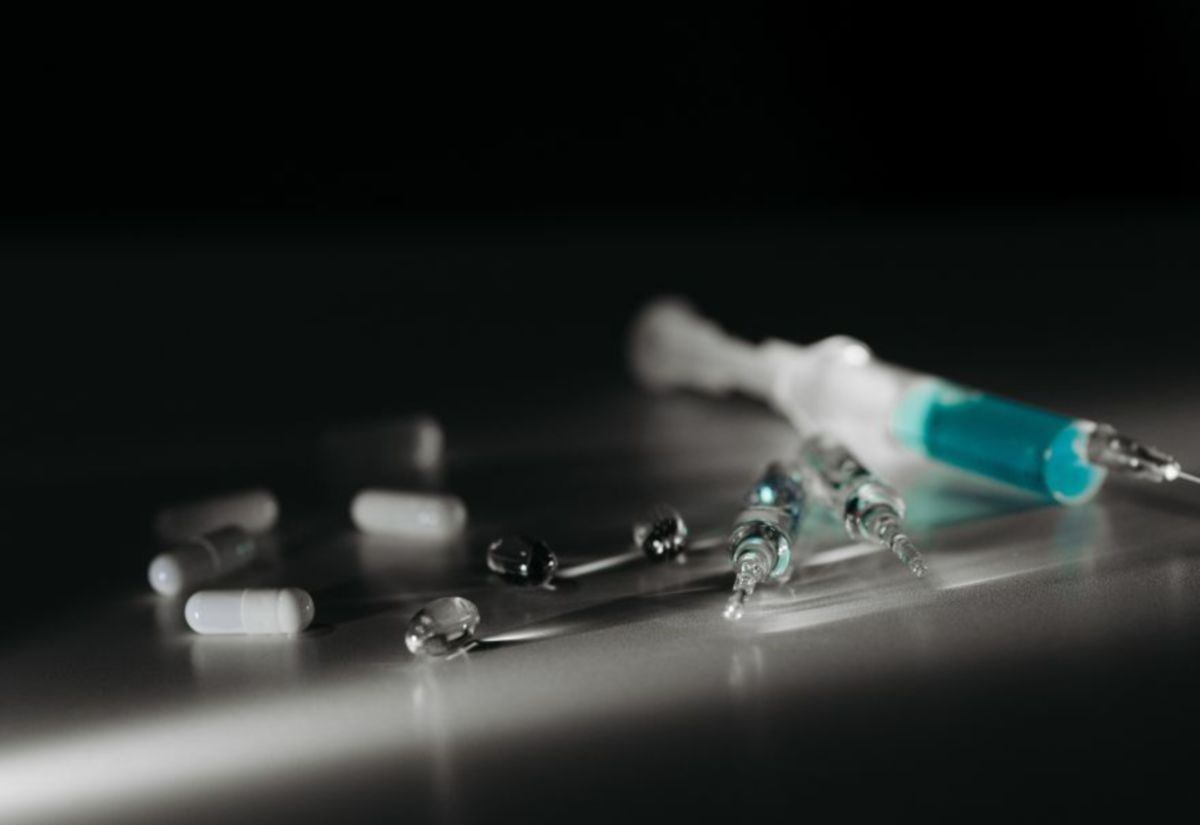The number of people in the Highlands who died due to drug misuse fell last year, compared to the previous 12 months, according to new figures.
The latest data from The National Records of Scotland reveals that 21 people in the Highlands lost their lives to drugs in 2024, compared to 26 in 2023. This was a marked decrease from 2022, where drug misuse caused the death of 42 people in the region.
The number of drug-related deaths in the Highlands fell in 2024, according to new figures.
Highlands drug deaths fall: 2023
Rise in Highland drug deaths: 2022
That was 12 men and nine women in 2024, compared with 21 men and five women the previous year.
The local drop reflects a wider national trend. Across Scotland, 1017 drug misuse deaths were registered in 2024, down 13 per cent (155 fewer deaths) from the year before. It is the lowest national total since 2017.
Despite the overall decrease, Highland politicians believe there is still much room for improvement.
Drugs and Alcohol Policy Minister Maree Todd, who is also MSP for Caithness, Sutherland and Ross, said “there is still work to be done” by the Scottish Government.
She said: “We will continue to do everything we can to save and improve lives.
“This is particularly true as we face new threats from highly dangerous synthetic opioids like nitazenes, which further raise the risk of overdose and death.
Todd highlighted record levels of funding for drug and alcohol programmes, alongside efforts to widen access to treatment, residential rehabilitation and life-saving naloxone. She said the government had also supported the opening of the UK’s first Safer Drug Consumption Facility and was working to deliver drug-checking services.
She noted that more than 300 organisations and projects had received government backing, helping to expand grassroots support. But, she stressed: “we will always want to do more and will continue to work hard to adapt to new patterns of consumption and demand to direct support where it is most needed.”
Drug misuse remains a serious issue across the Highlands, despite a slight fall in deaths in 2024.”
Edward Mountain, Scottish Conservative MSP, said that Maree Todd’s claim that ‘there is still work to be done’ was “a huge understatement.”
He added: “Although these figures represent a slight fall in drugs deaths since the previous year, over 1000 people still lost their lives to drug misuse in 2024. This is really sad and unacceptable.
“Scotland has, by far, the highest drugs death rate in Europe. There are also worrying reports that drugs deaths have been rising again in 2025.
“Scots need and deserve the right to safe recovery, and the Scottish Government need a far more robust plan of action to acknowledge and tackle the ongoing crisis.”
His party colleague, Douglas Ross, highlighted the particular challenges faced by people in rural and remote areas such as the Highlands in accessing rehabilitation services. He urged the Scottish Government to support his Right to Recovery Bill, which would guarantee a legal right to rehabilitation, calling it “a potential game-changer” in tackling Scotland’s drug deaths emergency.
Scottish Greens MSP Ariane Burgess said: “Any reduction in drug-related deaths is welcome, but the numbers remain tragically high. We must remember that this crisis is rooted in poverty, trauma, and inequality.
“The fact that drug deaths are most prevalent in our poorest communities is a stark reminder that we cannot tackle addiction without tackling the conditions that fuel it. “
She added that the party’s stance was clear: “We need a public health approach to drug policy, not a punitive one. That means investing in harm reduction, supporting recovery services, and addressing the deep inequalities in our society through wealth redistribution and social justice.
“Every life lost is preventable – and every person deserves support, dignity, and hope.”
Fergus Ewing, Independent MSP for Inverness and Nairn, said more focus was needed on frontline help.
He said: “I welcome the good work done locally by individual projects. But too many who need help are still not able to access it.
“Any reduction in deaths is welcome, as each loss of life is a tragedy of itself, and devastating for the families suffering loss.”
Ewing urged the Scottish Government to prioritise frontline addiction support, arguing that funding should be redirected from less essential areas to ensure more people can access the help they need to overcome addiction and rebuild their lives.
Do you want to respond to this article? If so, click here to submit your thoughts and they may be published in print.
